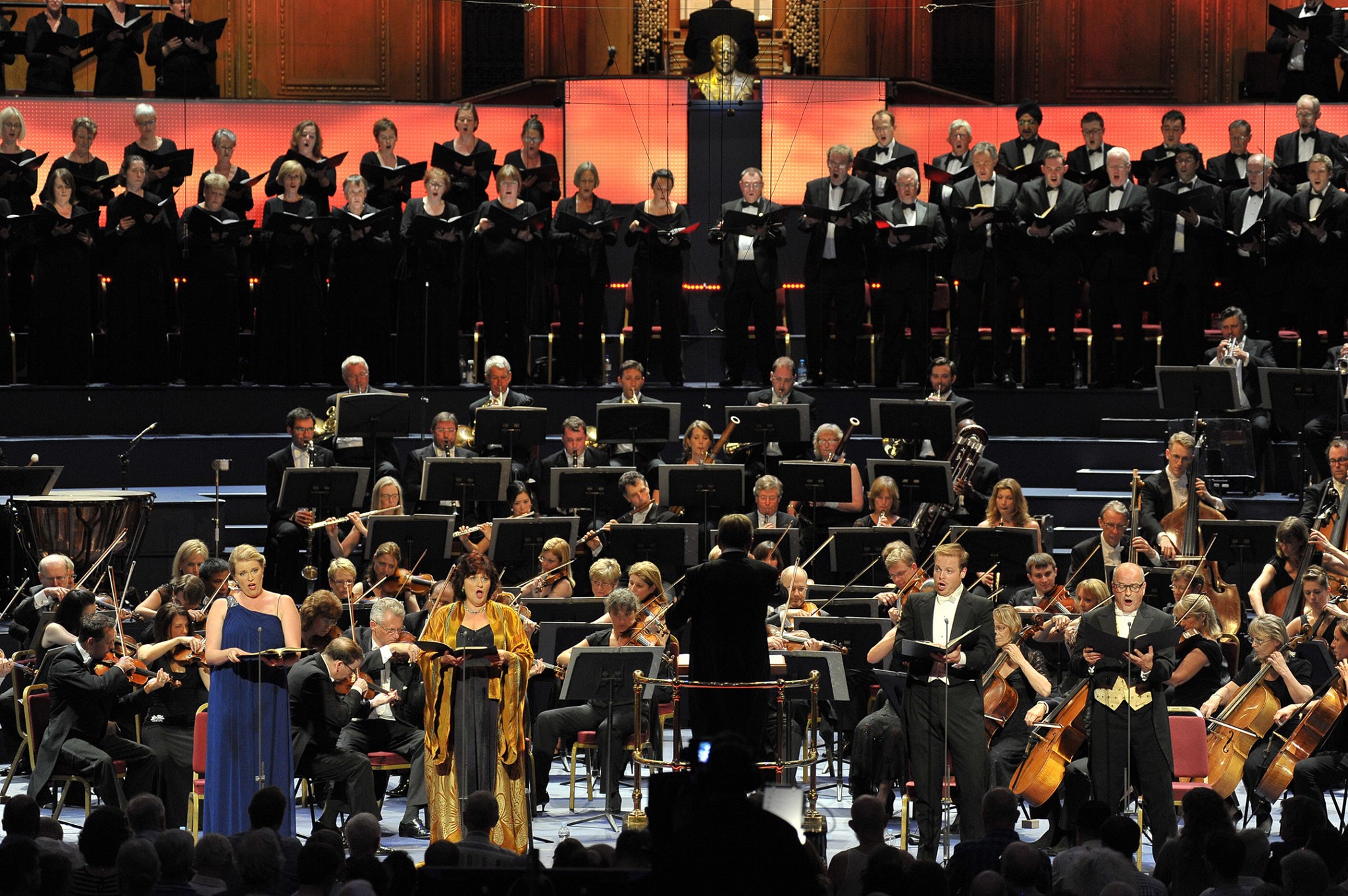Prom 1: The Kingdom, Prom 2: China Philharmonic - review

Your support helps us to tell the story
From reproductive rights to climate change to Big Tech, The Independent is on the ground when the story is developing. Whether it's investigating the financials of Elon Musk's pro-Trump PAC or producing our latest documentary, 'The A Word', which shines a light on the American women fighting for reproductive rights, we know how important it is to parse out the facts from the messaging.
At such a critical moment in US history, we need reporters on the ground. Your donation allows us to keep sending journalists to speak to both sides of the story.
The Independent is trusted by Americans across the entire political spectrum. And unlike many other quality news outlets, we choose not to lock Americans out of our reporting and analysis with paywalls. We believe quality journalism should be available to everyone, paid for by those who can afford it.
Your support makes all the difference.The beginning of the 2014 BBC Proms season was also the end of an era, as Roger Wright officially ended his time in charge. Rather than go out with fanfares however, Wright’s final night was all muted glow and quiet nostalgia.
Elgar’s oratorio The Kingdom is a work that refuses to live up to the stature of its large forces. The beauty of this choral “slow movement” is all in the detail, and here Andrew Davis gave its ebbing, swelling textures every care. Fine work from massed BBC choruses and the BBCSO carried the narrative, while soloists offered us the foreground emotions – soprano Erin Wall’s generous vocal warmth set against Catherine Wyn-Rogers’ Mary Magdalene, bracing and declamatory.
If Prom 1 was all about subtlety, Prom 2 was all sensation. The China Philharmonic made an enthusiastic, if occasionally a little anonymous, Proms debut with a programme of classical favourites. Mussorgsky, Tchaikovsky and Elgar were all dispatched efficiently, but the evening’s highlights were the two concertos. Trumpeter Alison Balsom found real musicality among the wriggling semiquaver challenges of Qigang Chen’s Joie éternelle, while Haochen Zhang gloried in the agility of Liszt’s First Piano Concerto. A second encore of variations on God Save the Queen caught the Proms spirit, and belatedly found the wit that had been lacking elsewhere.
Join our commenting forum
Join thought-provoking conversations, follow other Independent readers and see their replies
Comments